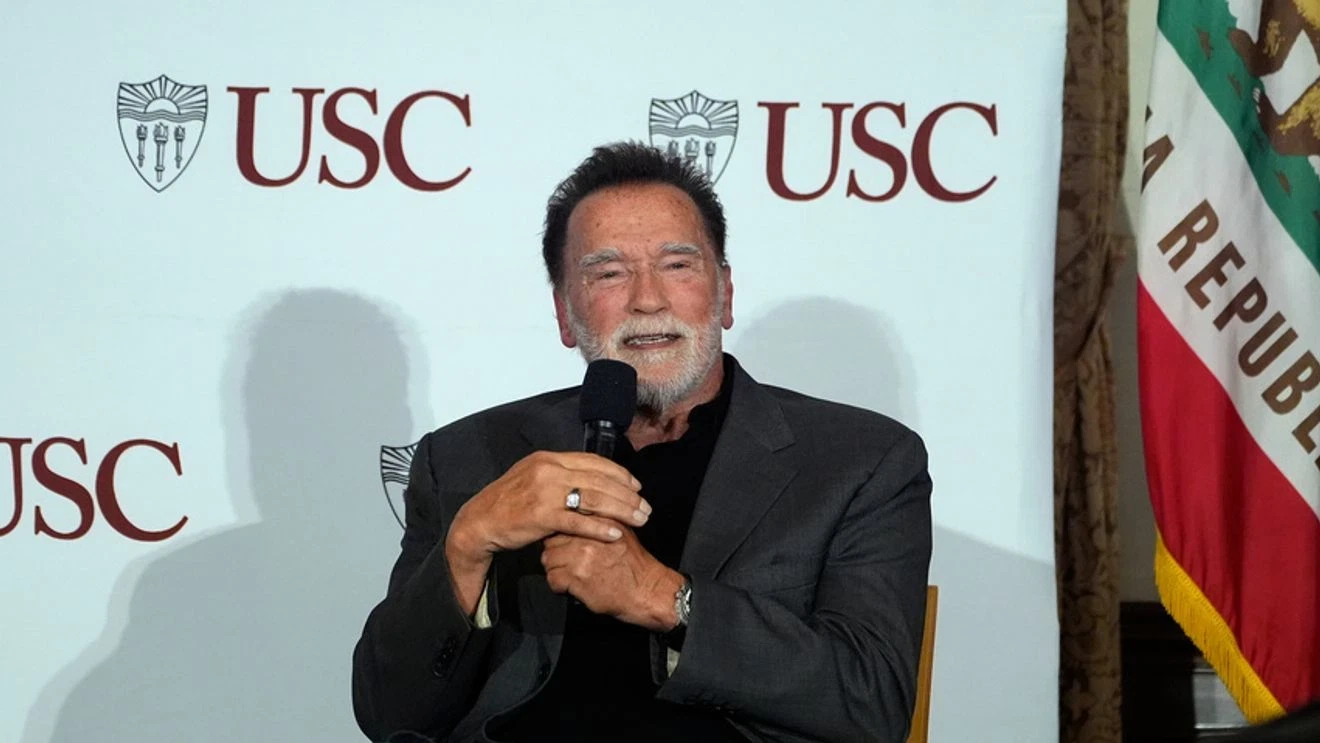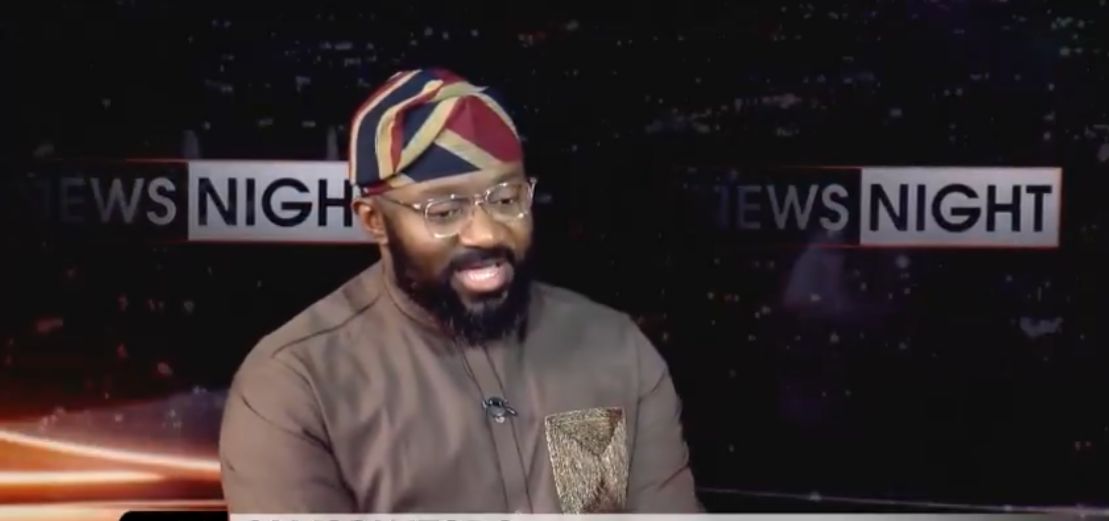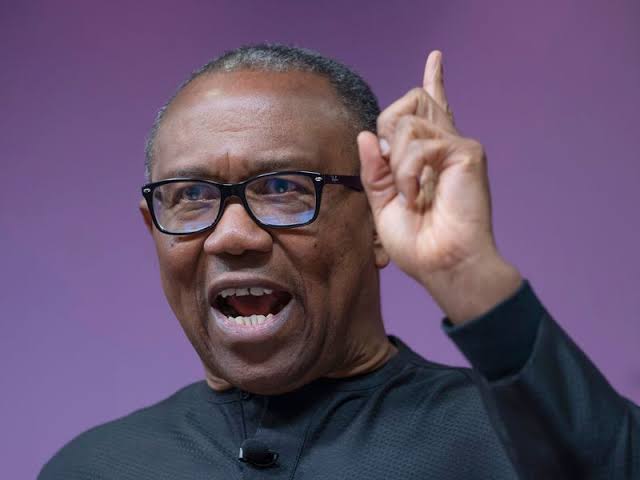Former California Governor Arnold Schwarzenegger has jumped into the political fray over control of U.S. House districts. He publicly urged voters to reject Proposition 50, a ballot measure backed by Governor Gavin Newsom. The proposal seeks to replace California’s independent redistricting commission temporarily so that Democratic lawmakers can draw new district maps designed to favor their party. Schwarzenegger argued that the measure betrays the democratic system he once promoted and undermines voter trust.
What Proposition 50 Would Do
If voters approve Proposition 50 this November, the measure would allow the legislature, not the independent commission, to redraw U.S. House maps for the 2026 to 2030 elections. Supporters say this change responds to redistricting efforts elsewhere, particularly in Texas, where Republicans aim to gain House seats. Critics, including Schwarzenegger, say this move risks corrupting fairness and opening the door to partisan gerrymandering. Schwarzenegger warns that replacing independent mapping with maps drawn in secret by political leaders damages democratic institutions.
Schwarzenegger’s Message and Concerns
Schwarzenegger spoke at the University of Southern California and called the proposal “insane,” saying it makes no sense to fight one undemocratic action by adopting another. He emphasized that the independent commission, which he helped establish during his governorship, represented a nonpartisan way for Californians to have fair districts. He also posted on social media against the measure, wearing a shirt reading “Terminate Gerrymandering,” and declaring his readiness to oppose political mapmaking handled by politicians.
Political Implications and Reactions
Proposition 50 could flip as many as five Republican held U.S. House seats in California to Democrats if approved. That might raise California Democrats’ delegation from 43 to 48 of the state’s 52 seats. Republican leaders already oppose the measure and worry it shifts power unfairly. Schwarzenegger adds moral weight to their opposition because of his history of supporting the independent commission. Nevertheless, Newsom’s camp insists that the redistricting plan will restore the independent commission after the 2030 census and that voters will decide the change transparently.
Why It Matters for Democracy
The fight over Proposition 50 reflects broader tensions in U.S. politics, particularly over how districts get drawn and whether protections against partisan gerrymandering will hold. When politicians redraw maps that influence who wins elections, they affect representation, policy outcomes, and public trust. Schwarzenegger argues that maintaining independent mapping preserves fairness and prevents political gamesmanship that silences some voters. Meanwhile, opponents argue that extreme district lines already exist, and responding with equally counted partisan maps is necessary. But many worry that changing how maps are drawn now will cause long-term damage.
What to Look for Next
As the November 4 special election nears, voters will weigh Proposition 50 carefully. Media coverage, grassroots campaigns, and public discussions will likely magnify Schwarzenegger’s objections. Polls may shift as Californians see proposed map visuals. Also, legal challenges might emerge if the measure passes or fails. The outcome will likely influence similar fights in other states as both parties seek control over redistricting. Schwarzenegger’s involvement may also inspire other public figures to take visible stances in this battle.
Bonus Read: Judge Demands Trump Administration Explain How It Will Block Illegal Deportations




https://shorturl.fm/hSm91